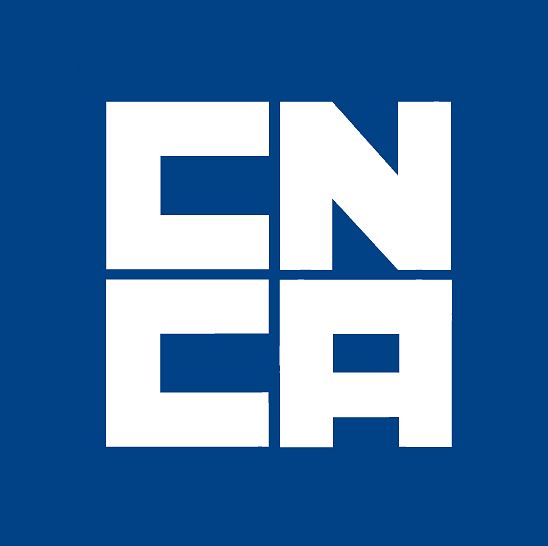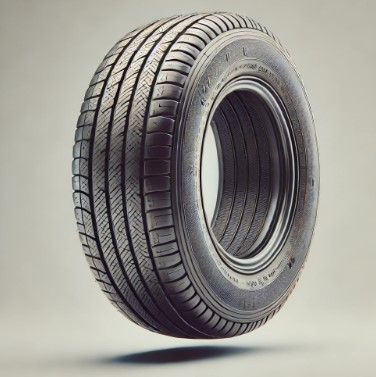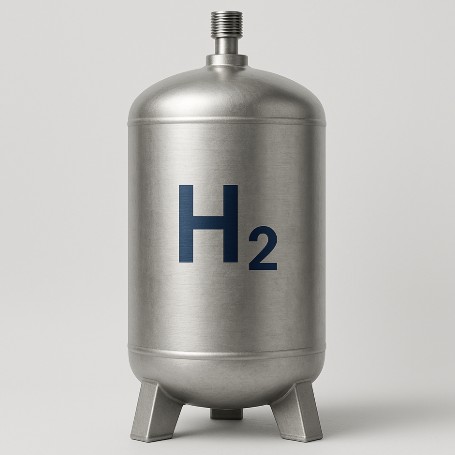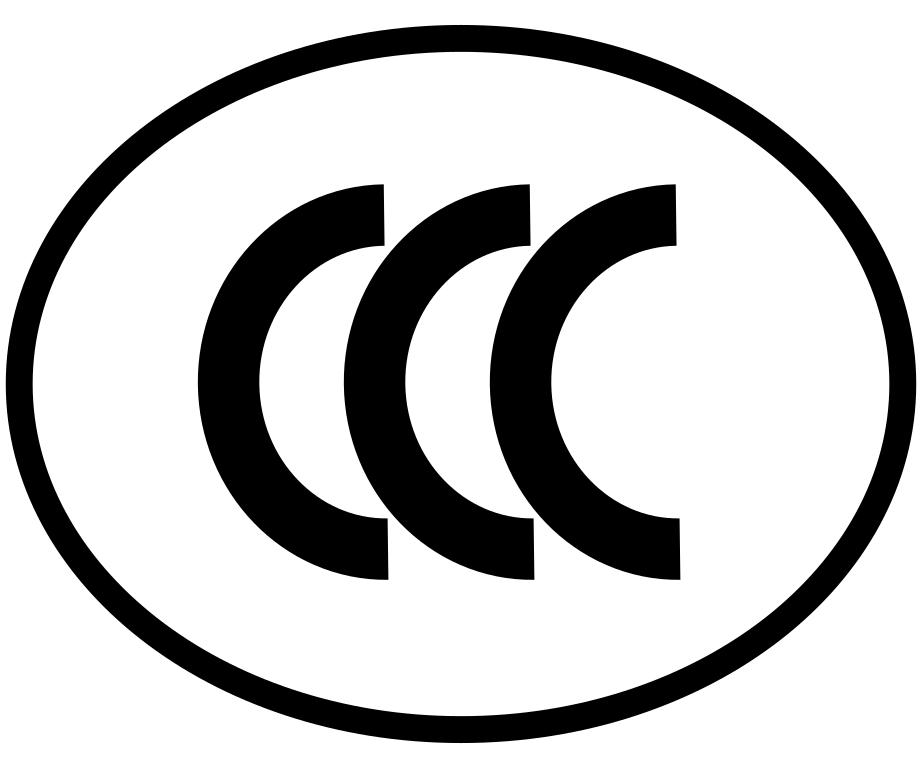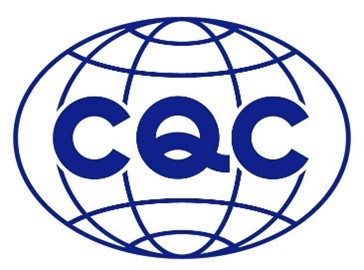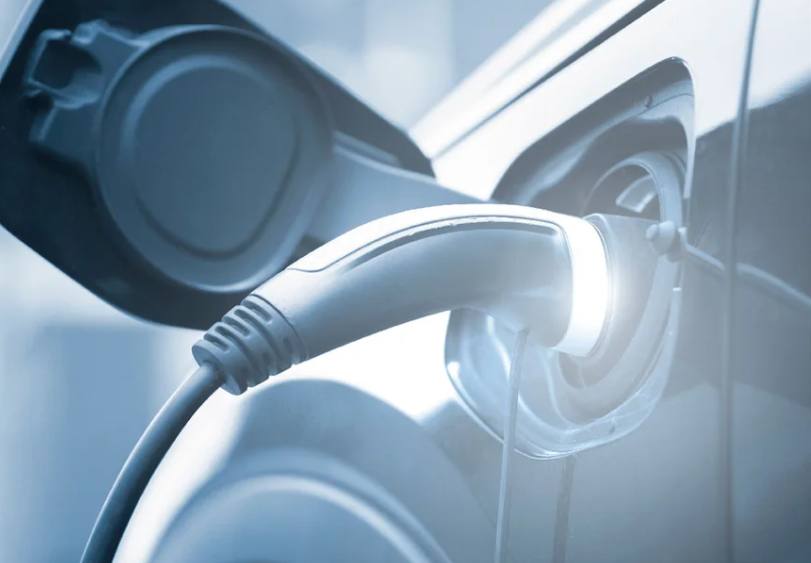Taiwan Certification: Article on the Taiwan Certification Published in QZ Magazine
17. August 2017
In the August 2017 issue, QZ magazine published an article on Taiwan Certification. The article can be found online as well as in the printed edition 08/2017.
The article presents Taiwan as an interesting entry to the Asian market. Taiwan itself has become increasingly important in the Asian region in recent years. Numerous international investors have been attracted by a flourishing market condition. The automotive sector in particular is booming, since an upper-class car is seen as a status symbol. Cars from foreign manufacturers are very much in demand.
With the increased demand for import cars, more and more suppliers are being required to deal with the issue of Taiwan certification.
Like other WTO members, Taiwan has laws and regulations regarding quality assurance of certain products. With regard to the automotive sector, the VSCC (Vehicle Safety Certification Center), founded in 2009, is responsible for the certification process and regulation. The range of automotive parts that are subject to certification is similar to other international regulations for motor vehicles. A few of the areas requiring certification includes interior trimming material, seats, headrests, fuel tanks, safety belts, etc.
The certification process is complex and can be difficult to complete. The sequence can be roughly broken down as follows:
The applicant must apply to the VSCC for registration. Only then is it possible to submit the necessary certification documents to the authorities. After thorough examination of all documents by the VSCC, the latter determines which test samples are to be tested.
Depending on the authority’s requirements, the tests may be carried out by the applicant in the local laboratory, or must be sent to an accredited laboratory in Taiwan for testing. When sending the test samples to Taiwan, a competent logistics partner or a specialized customs agent located in Taiwan is indispensable.
After successfully completed tests, the applicant receives the so-called “Examination Report” which represents the certificate.
In order to maintain the validity, an on-site inspection of the plant must be carried within not more than 3 years after receipt of the certificate and at least every 3 years throughout the entire time of certification.
The focus of these one-day audits is the inspection of the quality management system. The requirements are similar to other regulations, such as ISO or CCC. As a rule, an interpreter is vital for a successful audit to bridge the language barrier.
All steps of the Taiwan certification should be taken seriously, as the requirements are not inferior to those of international procedures.
If you are looking for a reliable partner for your Taiwan certification, do not hesitate to contact us personally. Please write us an e-mail or call us at + 49-69-2713769150.




